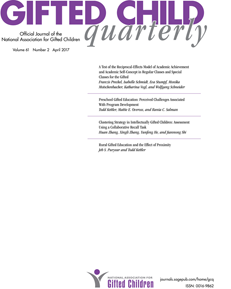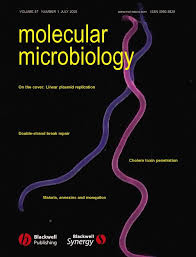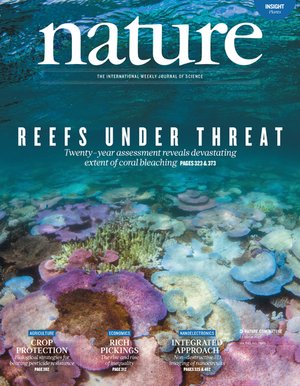 Last July, Joseph Hilgard, a postdoctoral fellow at the Annenberg Public Policy Center at the University of Pennsylvania, saw an article in Gifted Child Quarterly that made him do a double take. Hilgard, who is studying the effects of violent media on aggressive behavior, said the results of the 2016 paper “caused me some alarm.”
Last July, Joseph Hilgard, a postdoctoral fellow at the Annenberg Public Policy Center at the University of Pennsylvania, saw an article in Gifted Child Quarterly that made him do a double take. Hilgard, who is studying the effects of violent media on aggressive behavior, said the results of the 2016 paper “caused me some alarm.”
The research—led by corresponding author Brad J. Bushman, a professor of communication and psychology at The Ohio State University (OSU)—showed that gifted and non-gifted children’s verbal skills dropped substantially after watching 12 minutes of a violent cartoon. The violent program had a greater impact on the gifted children, temporarily eliminating the pre-video verbal edge they displayed over their non-gifted peers.
To Hilgard, the results suggested that violent media can actually impair learning and performance. But the effect size was huge — so big, Hilgard thought it had to be a mistake. This, plus other questions, prompted Hilgard to contact the authors and the journal. Unfortunately, once he got a look at the data — collected by a co-author in Turkey who became unreachable after the recent coup attempt — the questions didn’t go away. So the journal decided to retract the paper.
Bushman’s body of work has continually supported the idea that violent media increases aggressive behavior, including a controversial 2012 study “Boom, Headshot!” that was retracted earlier this year.
What first struck Hilgard as odd about the 2016 paper was how large the effect of the violent cartoon was: Continue reading Group whose findings support video game-violence link loses another paper
 A researcher who resigned from the University of Dundee in Scotland after it concluded he was guilty of misconduct has issued his first retraction.
A researcher who resigned from the University of Dundee in Scotland after it concluded he was guilty of misconduct has issued his first retraction. A researcher in Germany has been banned from seeking money from the largest independent research funder in the country for five years after an investigation by her former employer found her guilty of misconduct.
A researcher in Germany has been banned from seeking money from the largest independent research funder in the country for five years after an investigation by her former employer found her guilty of misconduct.

 Two journals have retracted two papers by the same group within months of each other, after editors were independently tipped off that they contained duplicated figures representing different experiments.
Two journals have retracted two papers by the same group within months of each other, after editors were independently tipped off that they contained duplicated figures representing different experiments. In an unusual turn of events, a nutrition paper has come back to life a year after being pulled from its original publication.
In an unusual turn of events, a nutrition paper has come back to life a year after being pulled from its original publication. When two surgeons in Greece learned that a patient had developed a rare side effect following weight loss surgery, they were eager to publish the case.
When two surgeons in Greece learned that a patient had developed a rare side effect following weight loss surgery, they were eager to publish the case. Ask and ye shall receive: A journal has retracted a 2014 paper by Paolo Macchiarini,
Ask and ye shall receive: A journal has retracted a 2014 paper by Paolo Macchiarini,  Despite taking some serious hits, a 2006 letter in
Despite taking some serious hits, a 2006 letter in  A scientist who sued his employer for millions of dollars has earned two more retractions, for papers that had already been flagged by the journal.
A scientist who sued his employer for millions of dollars has earned two more retractions, for papers that had already been flagged by the journal.